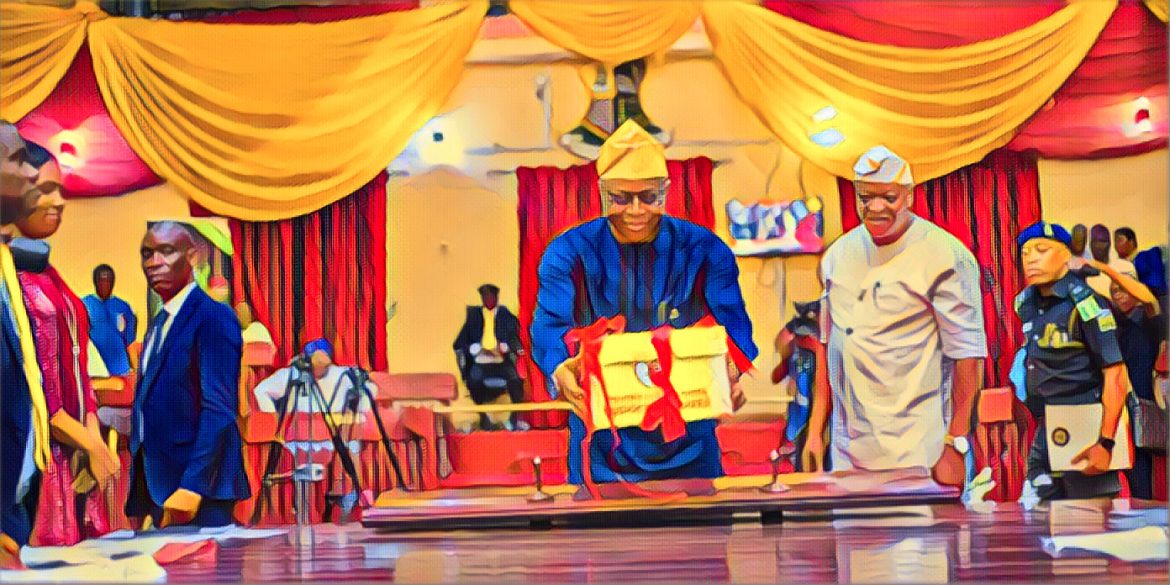As Nigerian states gear up for the 2024 fiscal year, citizens and analysts alike are urging governments to focus on effective budget implementation rather than catchy titles. While governors across the federation are either signing the 2024 Appropriation Bill into law or finalizing it for assent, there’s a growing call for these budgets to transcend mere rhetoric.
The 2024 budgets of various states have been creatively named, reflecting ambitious goals. From Abia’s “Budget of New Beginning” to Lagos’s “Budget of Renewal,” each title suggests a commitment to development and progress. However, these optimistic appellations are now being scrutinized for their actual impact and effectiveness.
According to a report by The Guardian, experts, including Mr Chijioke Ekechukwu, former Director General of the Abuja Chamber of Commerce and Industry, emphasize the importance of aligning budget figures with the aspirations these titles represent. He suggests that mid-year and year-end appraisals are essential to evaluate whether these budgets live up to their names.
BudgIT, in its “State of States Report,” highlighted the critical need for states to boost their Internal Generated Revenue (IGR) and exercise fiscal prudence. The report indicates a significant increase in state revenues but notes an alarming dependence on federal transfers, with many states relying on these for over 50% of their revenue.
Case studies of states like Benue, Kano, and Imo reveal a disconnect between their budget names and actual fiscal performance. Benue’s “Budget of Economic Advancement and Growth,” for instance, saw a disproportionate increase in overhead costs, while Kano’s “Budget for Consolidation and Prosperity” managed only a marginal rise in IGR. Imo State, despite its “Budget of Wealth Consolidation and Recovery,” struggled with revenue generation and prioritized recurrent expenditures.
The annual budget presentations, often grand events, have been criticized for focusing more on aesthetics than substance. This has led to a call for a shift in approach, with Nigerians demanding that their state governments prioritize the real and effective implementation of these budgets to address pressing socio-economic issues.


